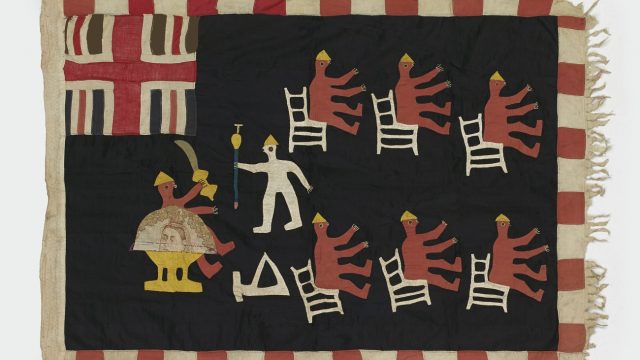Pilot projects run by Alzheimer Scotland have proven that dogs can be trained as companions for people living with dementia, improving their quality of life and keeping them in their homes for longer.
The project started as a design challenge for Glasgow School of Art students, which asked for ideas about how new services could be designed for people with dementia.
“The original student concept was to provide people in the early stages of dementia with a fully trained assistance dog,” says Joyce Gray from Alzheimer Scotland. “This dog would be companion, helper, social connector and reminder for key daily tasks as well as delivering joy, delight and unconditional love.”
The successful early work led to funding from the Design Council in 2011, and also benefited from collaboration with the staff of Dogs for Good which, says Joyce, “greatly enhanced the viability of the project as they brought with them their unique skills and interest in this particular area of work”.
“We set out to prove that the concept of trained dogs helping people with dementia and their carers is not only practical but realisable,” she adds. “Though the pilot was small it has surpassed our expectations, and we feel we have an extremely valuable project that can make an impact on the quality and development of dementia care in Scotland, and also make an impact internationally.”

Independent evaluation of the project found the dogs helped with improving the mood and reducing stress of people with dementia, who can struggle as their routines collapse due to their health deteriorating. Family relationships were also found to benefit from a dog’s involvement.
The Dementia Dog pilot also uncovered a wide range of unexpected benefits, ranging from improving a couple’s relationship where one partner has dementia, to better general communication, an improved “sense of self”, and a delay in looking for formal care home arrangements.
Further work has since been done on involving dogs with people living with dementia and their families – from groups of families meeting with multiple dogs, to a single dog and a support worker running a session for a few hours – to understand how different interventions can be designed.
“We think there is a great opportunity for Dementia Dog to become an international exemplar project, bringing together a wide range of expertise to make a real difference to the lives of people with dementia,” Joyce says.

The project is continuing with support for the assistance dogs that have already been trained, further work on developing the service, training more dogs, and also looking at ways of involving dogs within communities.
“Design gives the space to shape a project or service in a more critical fashion,” Joyce adds.
We are delighted to welcome Joyce to V&A Dundee’s Design Champions, on behalf of everyone who has contributed to the Dementia Dog project and made a real difference to lives of people living with dementia, their family and friends.
To find out more, please visit the Dementia Dog website.
The V&A Dundee Design Champions are inspirational designers creating high-quality work and helping to enhance people’s lives, or champions of the power of design to improve the world.
We will announce 50 Design Champions in the run-up to the museum opening on Saturday 15 September 2018.
V&A Dundee’s Design Champions project is working with Dezeen as its media partner.
Dezeen is the world’s most popular and influential architecture and design magazine, with an audience of 2.5 million unique visitors each month.


